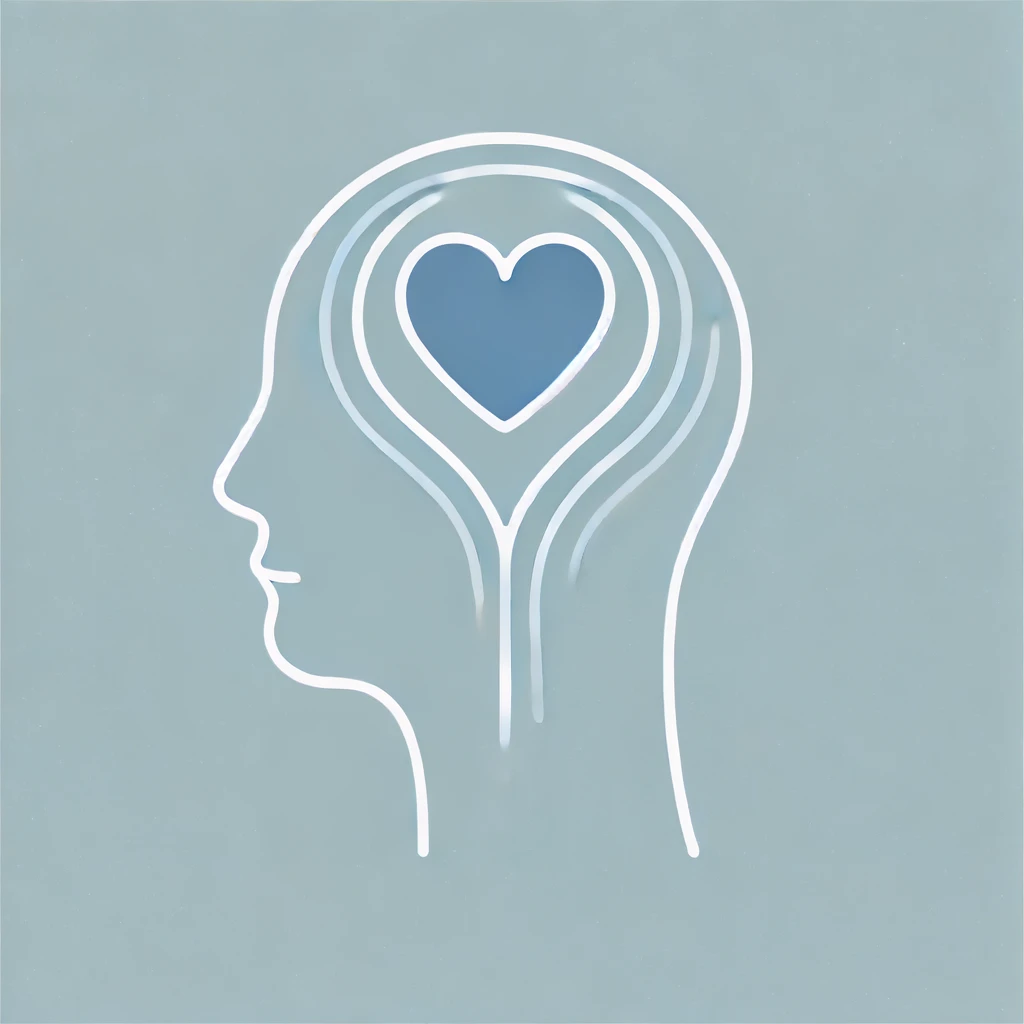
Understanding Mental Health Stigma
Definition of Mental Health Stigma:
Mental health stigma involves societal disapproval and discrimination against individuals with mental health conditions. This stigma manifests through social exclusion, prejudice, and the use of insensitive language, which perpetuates negative stereotypes and hinders open discussions about mental health.
Mental health stigma is also a pre-judgement that some individuals can have on the field and those who seek it, examples like ‘ therapy is for crazy people’ or make some money and you will be fine’ this are some of mental health stigmas that may influence people seeking a mental health service.
Historical Context of Mental Health Stigma
Historical Roots:
Historically, mental health issues were often misunderstood and associated with supernatural or demonic possessions. Such beliefs led to inhumane treatment of individuals with mental health conditions, contributing to the enduring stigma today.
In ancient times, treatments included trephination (drilling holes in the skull to release spirits) and exorcisms to drive out supposed demons.
During the Middle Ages, those with mental illnesses were often seen as witches or possessed and subjected to executions or brutal treatments.
Societal Perceptions and Misconceptions
Common Misconceptions:
- Media Influence: The media often portrays mental health issues inaccurately, reinforcing stereotypes that people with mental illnesses are violent, weak, or unpredictable. This misrepresentation discourages individuals from seeking help.
- Cultural Norms: Societal norms and cultural values often suggest that mental health issues are a result of personal weakness or lack of willpower. This belief is harmful as it devalues the experiences of those with mental health conditions and prevents early intervention.
Impact of Stigma on Individuals
Effects on Self-Perception:
- Individuals with mental health conditions often internalize stigma, leading to diminished self-worth and increased self-stigmatization. This can hinder recovery and overall well-being.
- Stigma also affects various aspects of an individual’s life, including relationships, work, and community interactions, leading to social isolation and reluctance to seek support.
Access to Mental Health Care:
- Stigma acts as a significant barrier to accessing mental health care. Fear of judgment and discrimination prevents many from reaching out for help, exacerbating their mental health struggles.
- Inadequate funding, limited resources, and a lack of trained professionals in the mental health field further contribute to the stigma and create barriers to care but iCarewellbeing has made a historical step to solve this problem by making therapy affordable at just 25$ and makes you access a licensed qualified psychologist.
Steps Towards Destigmatizing Mental Health
Open Conversations:
- Promoting open conversations about mental health is crucial for reducing stigma. Sharing personal experiences and challenging misconceptions can foster a more compassionate society.
- Education and awareness programs in schools and communities can help cultivate understanding and empathy towards individuals with mental health conditions.
Advocacy and Policy Changes:
- Advocacy efforts and policy changes are essential for combating stigma. Policies that prioritize mental health support and ensure equal access to care can help break down barriers.
- Investing in mental health resources and services is necessary to provide the support needed without fear of judgment or discrimination.
The Role of Mental Health Professionals
Ethical Responsibilities:
- Mental health professionals have a crucial role in destigmatizing mental health. Providing non-judgmental, compassionate, and evidence-based care creates a safe space for individuals seeking help.
- Professionals can also promote education, advocate for policy changes, and engage in public awareness campaigns to challenge stigma.
How iCareWellbeing is Addressing Mental Health Stigma
Educational Initiatives:
- iCareWellbeing actively educates people on the importance of maintaining healthy mental health, embracing it, and improving it. By normalizing mental health discussions, the platform aims to create a more supportive environment.
Stigma in the Arabic World:
- In the Arab world, mental health stigma is particularly prevalent due to cultural and societal norms. iCareWellbeing works tirelessly to reduce this stigma by raising awareness and providing accessible mental health services.
Services Offered by iCareWellbeing:
- Affordable Therapy Sessions: Therapy sessions are available at just 90 AED, making mental health care accessible to a broader audience.
- Diverse Therapy Options: The platform provides various therapeutic modalities, including online therapy, metaverse therapy, and AI tools to address different needs and preferences.
- Licensed Therapists: iCareWellbeing employs DHA and CDA licensed therapists who bring extensive experience and expertise to ensure effective treatment.
- At-Home Therapy: iCareWellbeing sends therapists directly to your home, providing convenient and personalized care within the comfort of your own space.
- Instant Connection: You can connect with a therapist in just 5 minutes, ensuring immediate support when you need it.
Community Engagement:
- iCareWellbeing fosters a great community for its psychologists, providing continuous learning and growth opportunities. This ensures that the therapists are well-equipped to offer the best care possible.
Mental Health is Not a Weakness
Mental Health as a Human Part:
- Mental health issues are not a sign of weakness; they are part of the human experience. Just like physical health, mental health requires attention and care. Improving mental health is akin to strengthening a muscle; it takes effort, support, and consistent care. Embracing and working on our mental health leads to a healthier and more fulfilling life.
Conclusion
Mental health stigma is detrimental to individuals and society as a whole. By understanding its origins and consequences, addressing misconceptions, and promoting open conversations, we can reduce stigma and promote mental health awareness. It is through collective efforts that we can break down the barriers of stigma and foster a more inclusive and compassionate world for everyone.
iCareWellbeing is dedicated to revolutionizing mental health services in the UAE by making them more accessible, affordable, and effective. Visit iCareWellbeing today to learn more and start your journey towards better mental health. For further resources on mental health, visit reputable sites like the American Psychiatric Association and the World Health Organization.




